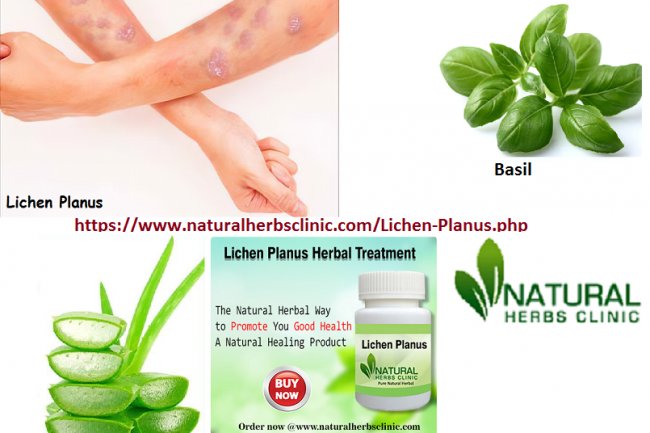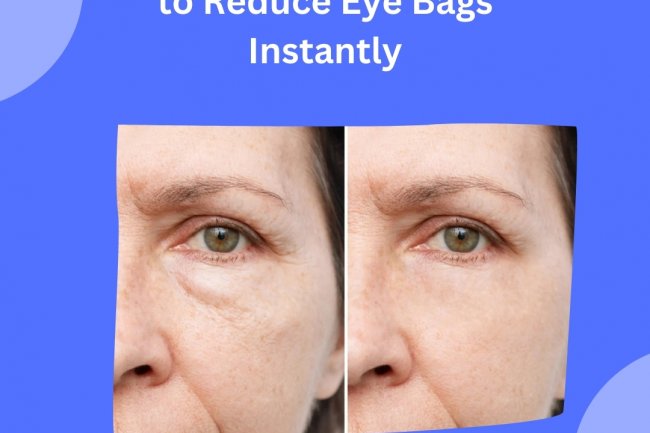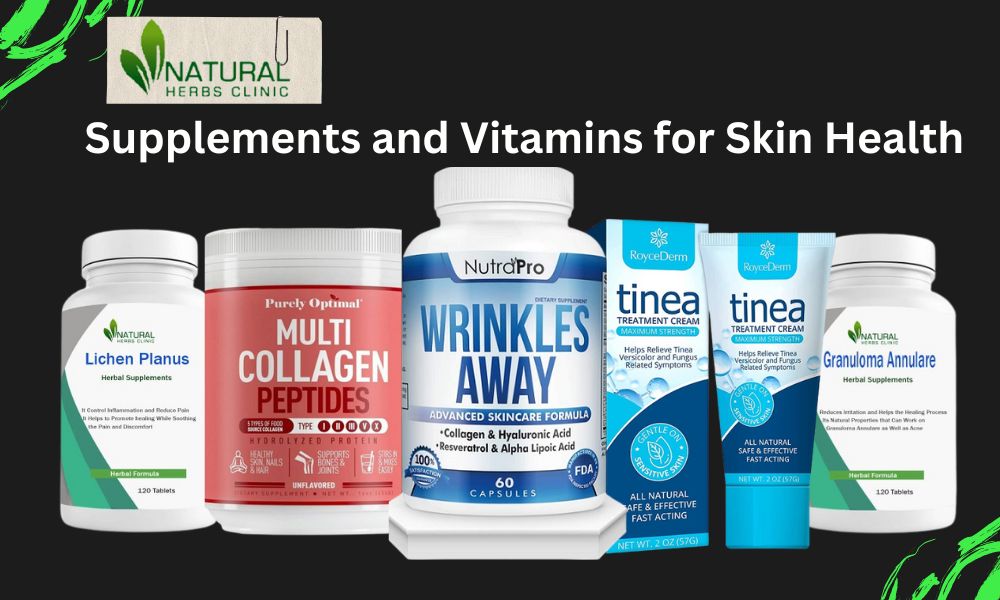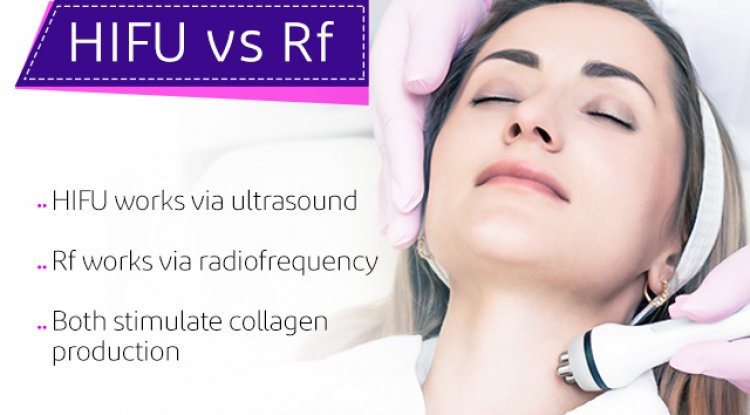Can Supplements Really Help Seborrheic Keratosis? The Answer May Surprise You
Seborrheic keratosis is one of the most common non-cancerous skin conditions, especially among older adults. These waxy, scaly, or wart-like growths can appear anywhere on the body and, although harmless, often become a source of cosmetic concern and discomfort.

Seborrheic keratosis is one of the most common non-cancerous skin conditions, especially among older adults. These waxy, scaly, or wart-like growths can appear anywhere on the body and, although harmless, often become a source of cosmetic concern and discomfort. With limited conventional treatment options that are often invasive, many people are now asking: can supplements really help seborrheic keratosis? The answer might surprise you.
What is Seborrheic Keratosis?
Seborrheic keratosis is a common, non-cancerous (benign) skin growth that typically appears in older adults. These growths may look alarming, but they are harmless and not contagious.
They often have a waxy, scaly, or slightly raised appearance and can range in color from light tan to brown or black. While they can appear anywhere on the body, they most commonly develop on the chest, back, face, or shoulders.
Key Characteristics:
- Texture: Waxy, rough, or scaly
- Color: Light tan, brown, gray, or black
- Shape: Round or oval with well-defined edges
- Size: Varies from a few millimeters to over 2.5 cm (1 inch)
- Number: May appear as a single spot or in clusters
Is It Dangerous?
No. Seborrheic keratosis is not cancerous and doesn’t turn into skin cancer. However, it’s important to have any new or changing skin growths checked by a healthcare provider to rule out other conditions, including melanoma.
Causes and Risk Factors:
- Aging: Most common in people over 50
- Genetics: Often runs in families
- Sun Exposure: May contribute, though not a direct cause
- Skin Type: More frequent in people with fair skin
Treatment Options:
While treatment isn’t medically necessary, many people choose to remove seborrheic keratoses for cosmetic reasons or if they become irritated. Options include:
- Cryotherapy (freezing)
- Curettage (scraping)
- Laser removal
- Electrosurgery (burning)
Some also explore Best Herbal Supplements Products and Natural Remedies, including seborrheic keratosis supplements, to support skin health from the inside out.
So, Can Supplements Really Help Seborrheic Keratosis?
Seborrheic keratosis is a harmless but often bothersome skin condition. While conventional treatments like cryotherapy or laser removal are available, many people are turning to more natural options and wondering: can supplements really help seborrheic keratosis?
The Short Answer:
Supplements can’t cure seborrheic keratosis, but they may help support healthy skin, reduce inflammation, and promote natural detoxification in the body—all of which may reduce the severity or frequency of these skin growths.
How Supplements Can Help:
- Support Skin Cell Renewal
Supplements like zinc and vitamin D help your body repair and renew skin cells more effectively. - Reduce Inflammation
Natural anti-inflammatory ingredients such as turmeric (curcumin) and omega-3 fatty acids can soothe irritation and promote balanced skin. - Boost the Immune System
A strong immune system can better handle skin changes. Nutrients like vitamin C, Echinacea, and green tea extract offer immune support. - Aid Detoxification
Herbs like milk thistle and N-acetyl cysteine (NAC) help detox the liver and skin, possibly improving overall skin clarity.
A Closer Look: Herbal Supplement for Seborrheic Keratosis
One popular option is Rhinical, a herbal supplement for seborrheic keratosis that blends traditional herbs known to support the skin and immune function. It's a natural choice for those looking to manage their condition without surgery or chemicals.
1. Rhinical – A Targeted Herbal Supplement for Seborrheic Keratosis
Rhinical is a plant-based supplement specially formulated to help address seborrheic keratosis from the inside out. It combines anti-inflammatory and antioxidant-rich herbs traditionally used to promote skin health and reduce skin abnormalities.
Key Benefits:
- Natural detox support
- Helps soothe irritated skin
- May reduce the size and appearance of growths
This herbal supplement for seborrheic keratosis is gaining popularity for being a gentle and non-invasive alternative.
2. Zinc
Zinc is an essential mineral that plays a crucial role in skin health, immune function, and wound healing. When it comes to managing seborrheic keratosis, zinc supplements are often recommended as part of a supportive skin care strategy due to their anti-inflammatory and antioxidant properties.
How Zinc Supports Skin Health:
Zinc helps regulate skin cell production and repair, which is especially important for individuals dealing with abnormal skin growths like Natural Remedies for Seborrheic Keratosis. It also supports the immune system, helping the body respond more effectively to skin changes.
Key Benefits:
- Promotes healthy skin regeneration
- Reduces inflammation and redness
- Strengthens the immune response
- Supports wound healing and tissue repair
- Helps protect skin cells from oxidative stress
Why Use Zinc for Seborrheic Keratosis?
While zinc does not cure seborrheic keratosis, it can help manage flare-ups and support overall skin wellness. It’s one of the most trusted seborrheic keratosis supplements for maintaining healthy, resilient skin.
3. Vitamin D3
Vitamin D plays a crucial role in skin health and immune modulation. A deficiency in vitamin D has been linked to various skin conditions. Supplementing with D3 may help normalize skin cell growth and improve skin resilience.
4. Turmeric (Curcumin)
Curcumin, the active ingredient in turmeric, is well-known for its powerful anti-inflammatory and antioxidant effects. It may help control oxidative stress in the skin, which is often linked to abnormal growths.
5. Omega-3 Fatty Acids
These essential fats support cell structure and skin barrier health. They also help reduce inflammation, making them beneficial for people with skin conditions like seborrheic keratosis.
What You Should Know Before Trying Supplements
If you're considering using supplements to help manage seborrheic keratosis, it's important to be informed. While supplements can support overall skin health, they are not quick fixes or miracle cures. Here are key things to know before starting any supplement regimen:
1. Supplements Support, Not Cure
Supplements can help strengthen your body’s natural ability to heal and maintain healthy skin. However, they Think of them as a supportive tool, not a standalone treatment.
2. Consistency is Key
Natural supplements work gradually. You may need to take them consistently for several weeks or months before noticing visible improvements. Be patient and follow the recommended usage guidelines.
3. Quality Matters
Not all supplements are created equal. Choose products from reputable brands that offer third-party testing and transparent ingredient lists. Poor-quality supplements may be ineffective—or even harmful.
4. Watch for Allergies or Side Effects
Even natural ingredients can cause reactions in some people. Always read the label carefully and monitor your body's response, especially when trying a new supplement.
5. Consult a Healthcare Professional
Before adding any supplement to your routine, especially if you are pregnant, nursing, or taking medications, talk to your doctor or a qualified healthcare provider. This ensures the supplement won’t interfere with any existing treatments or conditions.
The Bottom Line
So, can supplements really help seborrheic keratosis? While they aren’t a substitute for medical procedures, the right supplements can support skin health and potentially reduce the severity and frequency of growths. Products like Rhinical, a trusted Herbal Supplement for Seborrheic Keratosis, are offering a new path for those seeking natural relief.
Incorporating key nutrients and herbal remedies into your wellness routine may be the gentle, long-term support your skin needs.
What's Your Reaction?

















